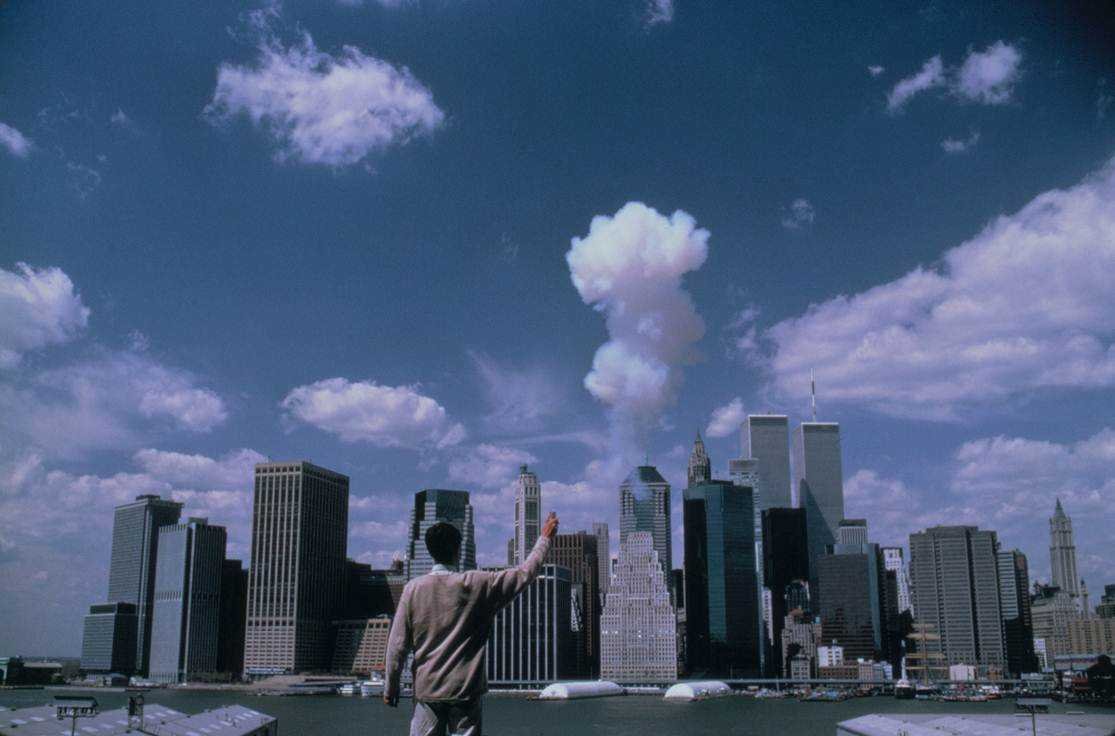
Unruly Historicism: Post-9/11 Anti-Imperial Style in the South Asian Anglophone Novel
. The attacks on 9/11 created, for countries such as Afghanistan, Iraq, and Pakistan, a condition of unending war and precarity. Thus, it has become necessary to reframe postcolonial historical formations not as a prelude to 9/11 but as a necessary correlative, and the War on Terror itself the unfinished business of postcolonial historiography. I argue that the contemporary postcolonial historical novel restages the valence of the War on Terror by generating a formal strategy of what I am calling an “unruly historicism,” i.e. a simultaneous embrace and disavowal of a teleological or Hegelian historical impetus. In other words, if the prehistory establishes the significance of a singular world-historical event, then South Asian historical novels contest that vantage point through a speculative treatment of the historical, not by contemplating an alternative or counterfactual histories but by foregrounding and focalizing seemingly peripheral geopolitical events. Unlike the self-conscious fragmented historicism of canonical postcolonial texts such as Midnight’s Children, largely indebted to postmodernism and the travails of post-Independence national development in the nineteen eighties and nineties, contemporary Anglophone novels—in this case, Kamila Shamsie’s Burnt Shadows (2009) and Zia Haider Rahman’s In The Light of What We Know (2014)— deploy the historical novel to interrogate how history turns from the proverbial colonial waiting room into either indefinite detainment or an endless warzone for postcolonial nations and Muslim citizens.
Essay in Prehistories of the War on Terror. Ed. Karen Miller and A. Yumi Lee, Forthcoming: University of Pennsylvania Press, Fall 2024.